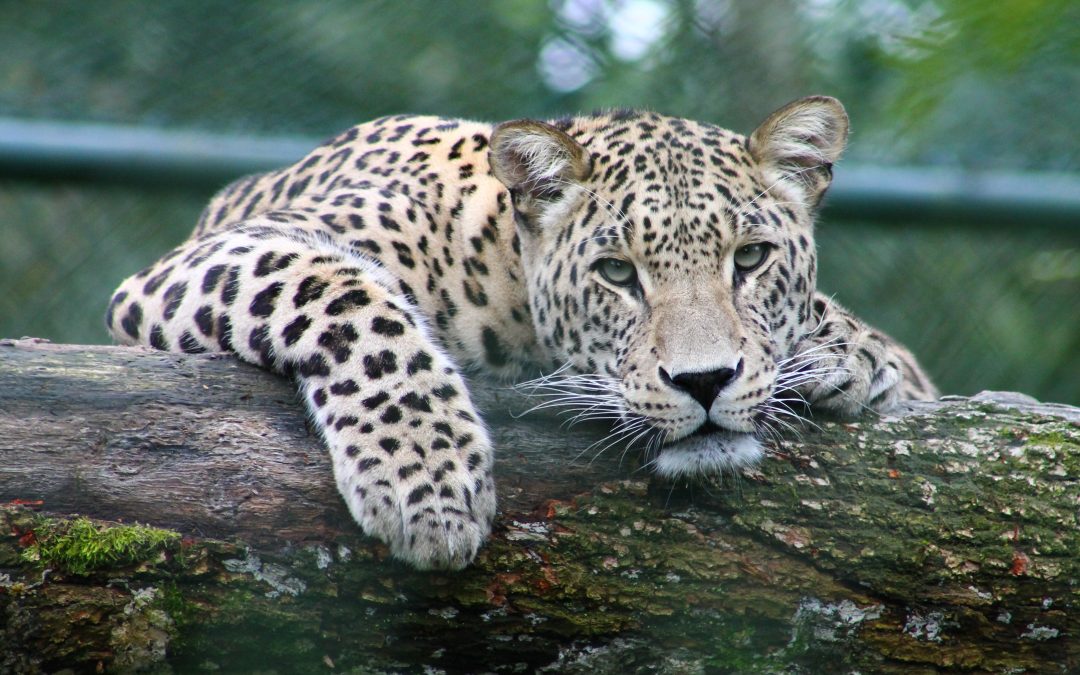Photo by Gwen Weustink on Unsplash
If you love animals and have a real passion for wildlife, this could be a great career choice. Before we discover how to become a wildlife rehabilitation Specialist, let’s start out by looking at exactly what a wildlife rehabilitation specialist does. Then we’ll look in detail at the steps you need to take if you decide it’s the career for you.
What Does the Career Involve?
The job is pretty varied and involves looking after wild animals that have been hurt, orphaned or become ill, caring for them until they are ready to be released back into the wild.
This includes assessing the animal’s condition, planning its care, providing basic medical treatment such as cleaning and dressing wounds, dispensing medicine, setting broken bones and working closely with vets to treat more complex problems.
Some animals will need physical therapy to help them regain strength and the use of muscles and limbs, so that they’ll be able to survive in the wild.
Diet is an important part of rehab. This has to be carefully planned to provide the right nutrition for each species. And of course, the animals need accommodation as similar to their natural habitat as possible, but also providing a safe space for them to recover and grow.
The specialist will also devise activities to help prevent stress and prevent the animal becoming too domesticated.
They also need to assess if and when the animal can be release. This will depend on many factors, such as health, ability to hunt and survive alone.
There is also an educational aspect to the job – specialists give talks, go to conferences and advise members of the public who have found animals in need of help.
And they do collaborate with other professionals such as biologists, vets, and wildlife groups.
And, of course, they have to keep records which is important for each animal but also to help professionals be aware of trends, evaluate success rates and contribute to research.
What sort of person would make a great Wildlife Rehabilitation Specialist?
You’ll need quite a few skills and qualities for this job. Obviously you‘ll need to be passionate about wildlife and committed to conservation, as well as having compassion for the animals in your care, who will be vulnerable and often afraid. You’ll also need to be patient and resilient, as there can be many setbacks and difficulties in the process of rehabilitation
You will need the ability to pay close attention to detail, as you’ll have to monitor the animals’ progress and be quick to see any deterioration.
Good problem-solving skills, critical thinking and decision making skills are also crucial. Animals can be unpredictable and so you’ll have to be able to adapt to the unexpected.
And don’t forget strength and stamina – there could be a lot of heavy lifting involved.
You’ll also need plenty of people skills and communication skills, as the job involves networking and collaboration with other professionals and dealing with public, giving presentations and talks.
And you’ll need to be willing to continue developing your skills and knowledge, as well as keeping up to date with legislation and ethical practices.
Still interested? Let’s take a look at qualifications and training.
Depending on where you live, a first degree is not always a requirement, but is highly recommended. This should be in an area such as zoology, environmental science, wildlife biology, ecology or a similar field.
Make sure you find a course that is properly accredited and acceptable to the industry. And if possible, one that has a focus on relevant subjects. These include wildlife rehabilitation and management or animal behaviour and wildlife medicine.
There are specialist training courses which are not essential but would go a long way to helping you understand and prepare for the job. Some are short, online and very affordable as a first step.
Other steps you can take
Get as much first-hand information as you can by visiting rehabilitation centres and animal sanctuaries. Go to workshops and seminars and meet professionals who’ll be able to give you valuable insights and advice.
Volunteering is one of the best ways to work out if this is the right career for you. For example, wildlife rehabilitations centres, zoos, vet practices, animal sanctuaries are all possibilities. And volunteering will help you to make useful contacts and find out about related jobs.
Research and networking. Check out any rehabilitation centres, organizations, and sanctuaries where you live now or where you’d like to work Go to conferences, seminars, and workshops to meet professionals and gain insights into the career.
Get practical experience through an internship or paid positions. These could be at any organization that works with wildlife, such as veterinary clinics and research centres . Practical experience could be an invaluable way to develop your skills. And it will broaden your understanding of the field. This could be particularly useful if you don’t have a relevant degree.
You can also work on your transferable skills, especially soft skills like communication, teamwork and problem solving.
Keep up to date with what’s going on – subscribe to newsletters, visit websites, watch documentaries.
If this information has inspired you, take action on the steps above. You could be a few clicks away from the beginning of a new career path. And if you’d like to learn about more unconventional careers, this article gives some more examples.

